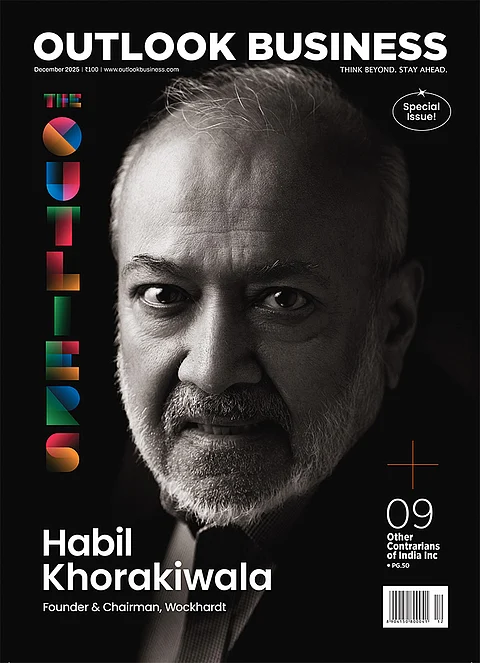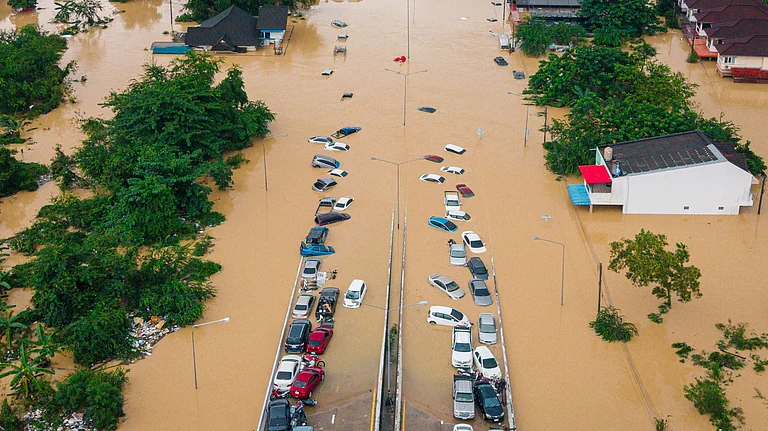Sponsored Content
In recent years, the realm of pharmacy has undergone remarkable transformations, particularly in Indonesia. As a pivotal player in the healthcare sector, pharmacy is more than just a place to dispense medications; it is at the forefront of medical science discoveries. This article delves into the dynamic landscape of pharmacy in Indonesia, exploring its role in medicine science, the advancements being made, and the impact on public health.
The Indonesian pharmacy sector has evolved significantly, influenced by a surge in technological advancements and a greater emphasis on research and development. This evolution is critical not only for improving healthcare outcomes but also for establishing Indonesia as a competitive player in the global pharmaceutical arena. By examining various aspects of pharmacy and its contributions to medicine science in Indonesia, this article aims to highlight the importance of this field in enhancing the health and well-being of the nation.
You can visit the website below:
https://pafikabgunungkidul.org
https://pafikabupatenkampar.org
https://pafikabupatensiak.org
https://pafikabupatennatuna.org
https://pafikabupatenkarimun.org
The Evolution of Pharmacy in Indonesia
The history of pharmacy in Indonesia dates back centuries, but it has rapidly developed into a sophisticated sector in recent decades. The changes can be attributed to various factors, including globalization, advancements in technology, and increased investment in healthcare infrastructure.
In the early days, pharmacists primarily focused on compounding and dispensing medications. However, the modern pharmacist's role has expanded to include clinical services, patient education, and involvement in healthcare teams. This shift has been crucial, as pharmacists are now recognized as essential healthcare providers.
Furthermore, the introduction of pharmacy education programs and regulatory frameworks has strengthened the profession. Universities across Indonesia now offer comprehensive pharmacy programs, ensuring that future pharmacists are equipped with the knowledge and skills necessary to thrive in a rapidly changing environment.
The rise of pharmacy practice in Indonesia can also be linked to public health initiatives aimed at combating infectious diseases and improving overall health outcomes. Pharmacists are increasingly engaged in public health campaigns, vaccination programs, and chronic disease management, further establishing their relevance in the healthcare landscape.
Innovations in Medicine Science
Innovation is at the heart of medicine science, and Indonesia's pharmacy sector is no exception. Pharmaceutical companies and research institutions are collaborating to develop new medications and treatment protocols. This synergy is crucial for addressing the unique health challenges faced by the Indonesian population.
One significant area of innovation is the development of traditional medicines. Indonesia, known for its rich biodiversity, has an abundance of plant species with medicinal properties. Researchers are exploring these natural resources to create effective pharmaceutical products. The integration of traditional medicine with modern pharmaceutical practices offers promising avenues for drug development, particularly in treating various diseases endemic to the region.
Moreover, advancements in biotechnology are facilitating the discovery of novel drugs. Pharmaceutical companies are investing in biotechnology research to develop targeted therapies, biologics, and biosimilars. This focus on innovative drug development is expected to enhance treatment options for patients and improve healthcare outcomes in Indonesia.
In addition to drug discovery, pharmacy practice is evolving with technological advancements. Telepharmacy, for instance, is gaining traction, allowing pharmacists to provide services remotely. This innovation is particularly beneficial in rural areas where access to healthcare is limited. By leveraging technology, pharmacists can extend their reach and ensure that patients receive the care they need.
Regulatory Framework and Standards
The regulatory environment plays a crucial role in shaping the pharmacy landscape in Indonesia. The government has implemented various regulations to ensure the safety, efficacy, and quality of pharmaceutical products. These regulations are essential for fostering public trust in the pharmacy sector.
The National Agency of Drug and Food Control (BPOM) is the primary regulatory body overseeing the pharmaceutical industry in Indonesia. BPOM is responsible for evaluating and approving new drugs, ensuring that they meet rigorous safety and efficacy standards before they reach the market. This regulatory oversight is vital for protecting public health and maintaining the integrity of the pharmacy profession.
In recent years, BPOM has strengthened its regulatory framework by adopting international standards. This alignment with global practices enhances the competitiveness of Indonesian pharmaceutical products in the international market. Moreover, it encourages local pharmaceutical companies to invest in research and development, leading to the discovery of new medicines.
Additionally, the pharmacy profession in Indonesia is governed by the Indonesian Pharmacists Association (IAI), which sets ethical standards and guidelines for pharmacists. This professional body plays a crucial role in promoting the pharmacy profession and ensuring that pharmacists adhere to high standards of practice.
Challenges Facing the Pharmacy Sector
Despite the advancements in pharmacy and medicine science, the sector faces several challenges that must be addressed to ensure continued progress. One of the primary challenges is the accessibility of healthcare services, particularly in rural areas. Many communities lack access to pharmacies and healthcare professionals, hindering their ability to receive timely medical care.
Moreover, the disparity in healthcare infrastructure between urban and rural areas poses a significant obstacle. Urban centers often have well-equipped pharmacies and healthcare facilities, while rural regions may lack essential services. Bridging this gap is crucial for improving health outcomes across the country.
The affordability of medications is another pressing issue. Many patients in Indonesia struggle to access necessary medications due to high costs. While government programs exist to subsidize medications, the challenge remains in ensuring that all patients can afford the treatments they need.
Additionally, the rapid pace of innovation poses a challenge for regulatory bodies. Keeping up with the latest advancements in medicine science requires ongoing collaboration between regulators, researchers, and industry stakeholders. Developing a flexible regulatory framework that can adapt to new technologies is essential for ensuring the safety and efficacy of pharmaceutical products.
The Role of Education and Training
Education and training are instrumental in shaping the future of pharmacy in Indonesia. A well-trained workforce is essential for driving innovation and improving healthcare outcomes. Pharmacy education programs in Indonesia have evolved to include more comprehensive curricula that emphasize clinical practice, research, and patient care.
Many universities now offer specialized pharmacy programs, including clinical pharmacy, industrial pharmacy, and pharmaceutical sciences. This diversification of education allows future pharmacists to develop expertise in various areas, equipping them with the skills needed to contribute to the evolving pharmacy landscape.
Moreover, continuing education is vital for practicing pharmacists. As the field of pharmacy continues to evolve, ongoing professional development ensures that pharmacists remain updated on the latest advancements and best practices. Professional organizations, such as the Indonesian Pharmacists Association (IAI), offer various training programs and seminars to support pharmacists in their professional growth.
Furthermore, collaboration between academic institutions and healthcare providers is essential for fostering innovation. Research initiatives that involve students, faculty, and industry professionals can lead to groundbreaking discoveries in medicine science, ultimately benefiting public health.
The Future of Pharmacy in Indonesia
The future of pharmacy in Indonesia looks promising, with several trends indicating continued growth and development. As the healthcare landscape evolves, pharmacy will play an increasingly vital role in addressing public health challenges.
One of the key trends is the growing emphasis on personalized medicine. Advances in genomics and biotechnology are paving the way for tailored treatments that consider individual patient characteristics. Pharmacists will play a crucial role in implementing personalized medicine approaches, ensuring that patients receive the most effective therapies.
Moreover, the integration of digital health technologies is transforming pharmacy practice. Mobile health applications, telehealth services, and electronic health records are enhancing the delivery of pharmaceutical care. These technologies enable pharmacists to monitor patient outcomes more effectively and provide timely interventions.
Additionally, collaboration between various stakeholders, including government agencies, pharmaceutical companies, and healthcare providers, will be essential for driving innovation and improving healthcare access. By working together, these entities can develop comprehensive strategies to address public health challenges and enhance the pharmacy profession.
In conclusion, the pharmacy sector in Indonesia is undergoing a significant transformation, driven by innovation, regulatory advancements, and a focus on education. As pharmacy continues to evolve, its contributions to medicine science will play a crucial role in shaping the future of healthcare in Indonesia.






























